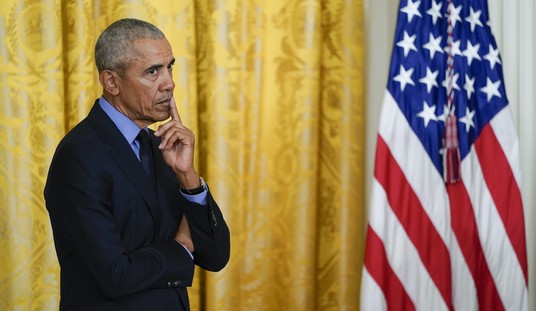In a recent stunt that flamed out, Netflix led an online effort to incite their consumers into taking action on net neutrality that would ultimately benefit the company’s own bottom-line. The company tried to fake a slowdown of the Internet on its site to mimic what they claim could happen without net neutrality. The failed stunt showed that Netflix’s assertions and sneakiness are absurd.
Netflix is now the go-to destination for movie and TV show rentals, accounting for a staggering one-third of all downstream Internet traffic during peak hours. As the company’s popularity and consumer base has grown, so too has its role at the center of many ongoing public policy debates in Washington, D.C.
As the House of Representatives works to overhaul our outdated communications laws against the backdrop of a contentious debate surrounding net neutrality, they have examined the complex issue of interconnection – defined by the government as “the linking of two networks for the mutual exchange of traffic.”
At its core, it is helpful to think of interconnection as the linking of a content provider’s servers like Netflix’s to outside networks (for example an Internet service provider’s (ISPs) network) to help transmit that content to consumers. Basically, interconnection enables the delivery of a Netflix movie from point A to point B. Although many consumers are rightly oblivious to the concept of interconnection, it has been a focal point of recent acrimony as Netflix has tried to unfairly shift the burden of delivering its bandwidth-intensive content on to ISPs. More specifically, Netflix has erroneously blamed the ISPs for some of their consumers’ delays or quality issues when trying to watch its programming.
Recommended
Although the company is free to bicker with whomever they want, their accusations distract from the more pressing issue of having a full, frank, open discussion about interconnection as policymakers seek to do. Moreover, Netflix’s finger pointing and online theatrics are not productive considering there are ways to better meet their consumers’ needs that the company is fully aware of but had chosen to ignore for inexplicable reasons.
During the summer, Netflix publically cast unfounded blame on an ISP for issues consumers experienced when trying to stream Netflix content. An examination of the accusations revealed that the consumers’ issues were not caused by congestion or any other issues on the ISP’s network. Rather, Netflix’s consumers’ experienced problems because the company had chosen a substandard and convoluted path through various third parties – perhaps to save money – to interconnect with that ISP’s network. In essence, Netflix chose a congested path to deliver its content and then blamed others for the poor quality of its service.
Rather than shirking its responsibility and impugning others for its poor decisions, Netflix can and should choose more appropriate channels to connect to ISP networks that ultimately deliver its content to tens of millions of Netflix subscribers.
Fortunately, Netflix did finally enter into a direct interconnection agreement with Internet provider AT&T that cuts out the intermediaries that may cause delays. The agreement should improve the viewing experience of their shared consumers. What’s more, the company has reached similar agreements with other major Internet providers like Comcast and Verizon so even more consumers stand to benefit.
And rightfully so – consumers are the ultimate arbiter.
In the end, companies like Netflix succeed by providing better, more innovative services consumers demanded when others were slow to respond. Not by perpetuating online melodramatics.

























Join the conversation as a VIP Member